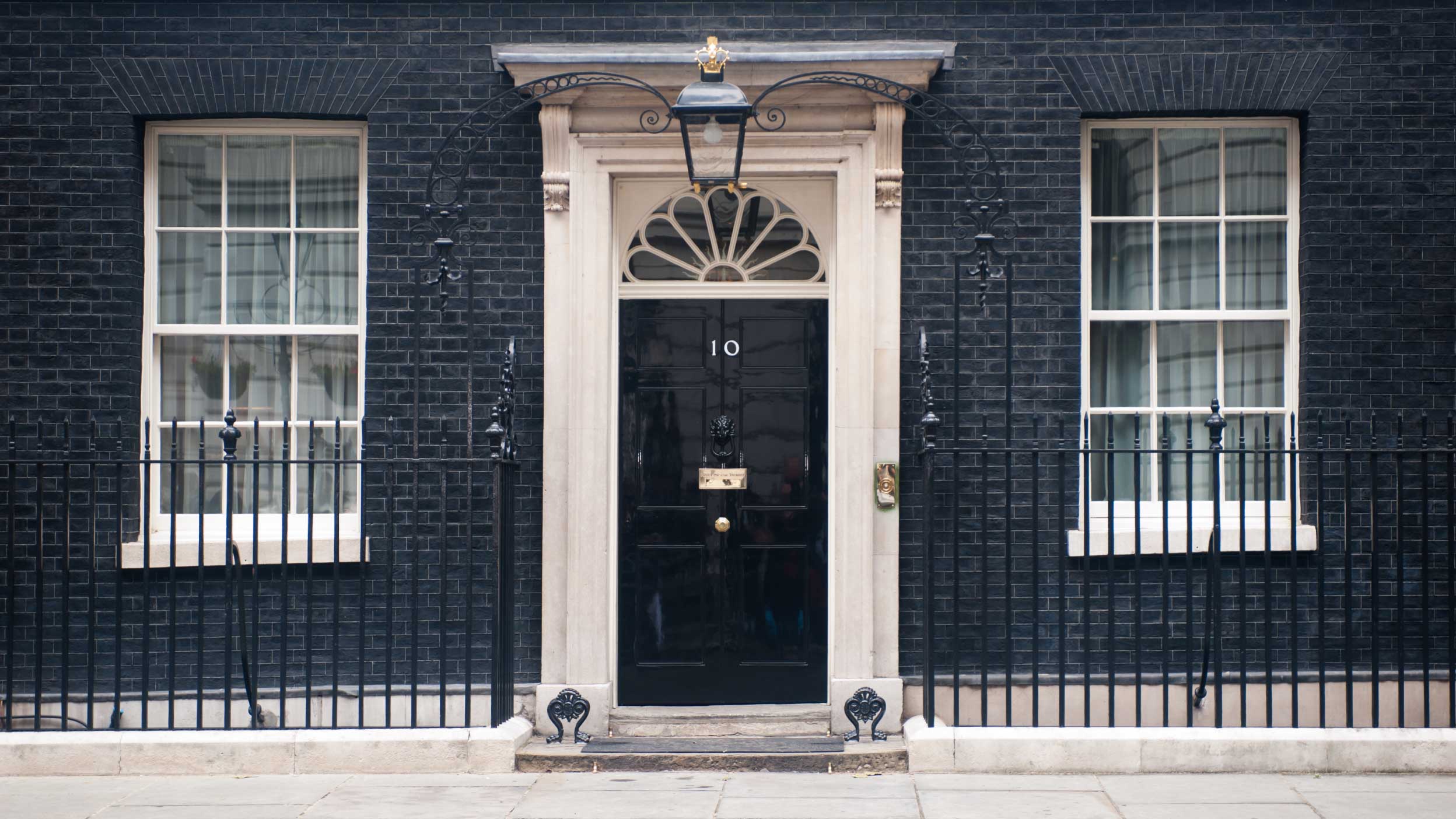
Asset allocation Quarterly Global Asset Allocation Outlook | Q3 2025
Paul Jackson discusses his insights on portfolio allocations and strategies for the Q3 2025 outlook.

The Labour Party has won a landslide victory the UK general election, securing 412 seats, giving the new UK Prime Minister, Sir Keir Starmer, a resounding majority of at least 170 in parliament.
It is expected that the new Labour Cabinet will look very similar to its frontbench when in opposition, with Angela Rayner appointed Deputy Prime Minister, Rachel Reeves appointed Chancellor of the Exchequer, and David Lammy appointed Foreign Secretary. Other senior Labour figures, such as John Healey, Jonathan Reynolds, and Pat McFadden, are expected to carry over their respective portfolios into government.
Labour’s first 100 days in government takes them to mid-October. They will be focused on demonstrating momentum as an effective government by setting out and delivering on an overarching policy and legislative plan. Labour will look to use set-piece events and milestones to demonstrate grip and announce new initiatives.
Sir Keir Starmer and his party have an ambitious policy agenda, based on five missions for government: economic growth, health, education, climate change, and crime. However, there has been relatively little detail provided on many of these policy areas, in line with Labour’s ‘safety-first’ approach to the election campaign. In particular, Labour’s economic mission has focused on unlocking growth through a series of private-sector led infrastructure investments and planning reform, with the ambition of becoming the fastest-growing economy in the G7.
Nevertheless, the fiscal situation presents a significant constraint. Labour has notably ruled out any increase in the major revenue-raising taxes: income tax, national insurance, VAT, and the headline rate of corporation tax, though similar commitments regarding any related thresholds, allowances, and reliefs have not been made. However, Labour has pledged a small number of specific tax rises to fund spending commitments, for example ending the VAT exemption for private schools and closing loopholes in the windfall tax on oil and gas companies, but pressures on public services have raised questions about the economic viability of Labour’s plans.
The new government is expected to move quickly to develop structures that will help deliver its agenda. This may include developing cross-Whitehall ‘Mission Boards’, chaired by the Prime Minister himself, which would oversee the policy process and delivery of Labour’s five missions. Labour will likely also establish a ‘Quad’ of senior minsters to oversee key decisions by the government, comprising Sir Keir Starmer, Angela Rayner, Rachel Reeves, and Pat McFadden. Further significant changes to the operation of government departments are unlikely given that departmental disruption may delay the policy agenda.
Senior Labour figures will have a number of opportunities to set out their approach to key policy areas shortly after taking office:
Labour has already set out some key objectives within the first 100 days but many of these announcements will take longer to implement.
Economic growth mission: Labour’s mission for economic growth has an overarching objective; to secure the fastest rate of economic growth in the G7 by the end of the parliament. This is intended to be facilitated by increasing investment in infrastructure through a National Wealth Fund, planning reform, and stability in business taxation.
Global Investment Summit: Labour has committed to holding a Global Investment Summit within the first 100 days of taking office. The Summit could include announcements on private sector commitments to further invest in UK markets and infrastructure, alongside other domestic priorities developed through Labour’s policy groups, such as the British Infrastructure Council or the National Wealth Fund Taskforce.
GB Energy: Relatedly, Labour will launch a new state-owned energy company to drive investment into renewable power projects. Initially, details are expected to be limited but we can expect announcements on its aims, strategy, staffing (e.g., Chair and possibly CEO). Labour has also committed to introducing an Energy Independence Act which will include provisions to set up GB Energy and deliver its other key commitments, such as establishing the National Wealth Fund.
Budget: An autumn budget will likely include:
Spending Review: This will likely carry forward existing spending plans for one year to allow time for a full Spending Review to take place in 2025.
Relations with the EU: Committing to being a leading nation in Europe, albeit outside of the EU, Labour will begin preparations to renegotiate the Trade and Cooperation Agreement with a specific focus on veterinary agreements; supporting touring artists; and securing mutual recognition of professional qualifications. Labour may also offer the EU a defence and security pact to provide more structure to the cross-Channel relationship on such issues and enhance coordination with European partners.
Pensions Review: Labour has committed to a full review of the pensions landscape, which will include a focus on pursuing further consolidation within the sector and encouraging greater productive investment in the UK. Labour has, however, u-turned on the abolition by the previous Conservative government of the Lifetime Pensions Allowance (LPA).
Take Back Control and Devolution Bill: Labour is expected to deepen devolution settlements for existing ‘Combined Authorities’, expand devolution to more areas, and to grant local areas new powers over transport, adult education and skills, housing and planning, and employment support.
Employee Rights Bill: Labour will propose to ban exploitative zero hours contracts, end fire and rehire practices, and introduce basic rights from day one of employment to parental leave, sick pay, and protection from unfair dismissal.
|
Labour’s likely plans |
Wider events |
|---|---|---|
July |
|
|
August |
|
|
September |
|
|
October |
|
|
With contributions from Flint Global.

Paul Jackson discusses his insights on portfolio allocations and strategies for the Q3 2025 outlook.

The gold price has made a series of new all-time highs over the past year, driven partly by demand from investors. Find out more about what’s been driving the gold price, as well as answers to some of the other questions that many investors have when considering adding gold to their portfolios.

Looking at market trends, political developments, the macroeconomic landscape and the impact it has on market volatility, stay ahead with expert commentary.